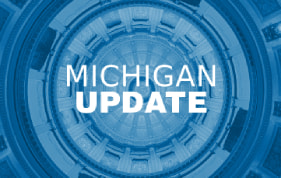On January 14, 2016, HMA Information Services hosted the webinar, “Making Healthcare Data Actionable: Solutions for Converting Data into Information for More Effective Reporting, Decision Making and Strategic Planning.”
We live in a digital universe, and the volume of data is growing exponentially. That’s especially true in healthcare, where the need for information is being driven by changes in regulatory and compliance reporting requirements, demand for quality and performance measures, and a focus on value-based purchasing. But unless all of this healthcare data can be converted into the type of information that supports decision-making and strategic planning, it’s just taking up space.
During this webinar, HMA data specialist Lisa Maiuro, PhD, outlines some practical approaches healthcare organizations can take to convert data into information, including an understanding of how to share data across organizational and functional teams, how to organize data to drive business decisions, and how to present and use data without specialized analytic expertise. Listen to the replay and:
- Understand how to improve performance by leveraging evidence-based data; track variations in quality; and provide dynamic healthcare dashboards to benchmark quality, utilization, cost of care, and provider patterns; create mapping capabilities; apply predictive analytics, and more.
- Learn how information solutions can help healthcare organizations respond quickly and easily to the challenges of both internal and external reporting requirements at the state and federal level.
- Find out how enhanced analytical capabilities can help your organization make better use of available data without large investments in additional IT capabilities or analytic services.
The slide deck for this webinar can be retrieved by clicking the “DOWNLOAD” button below.



